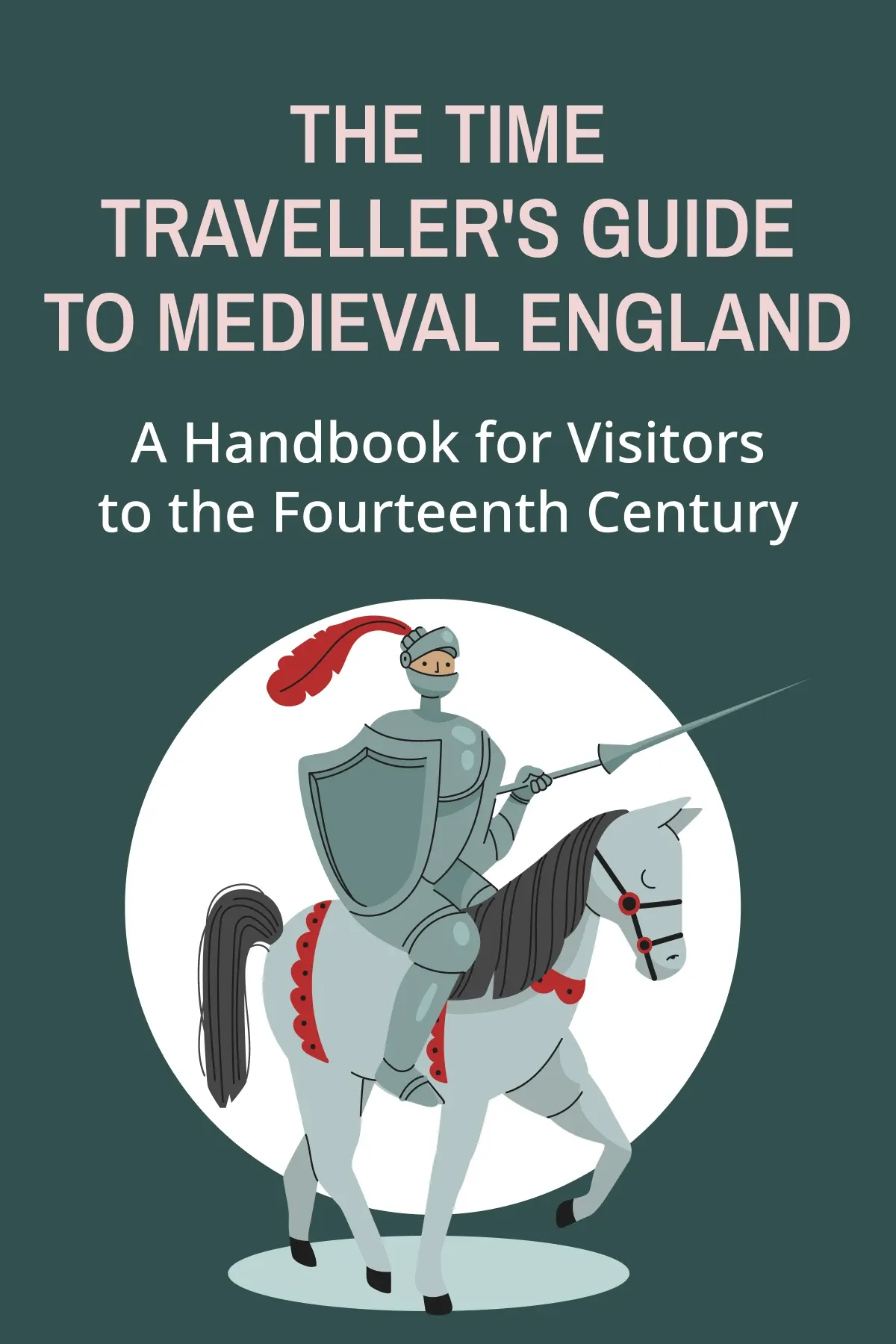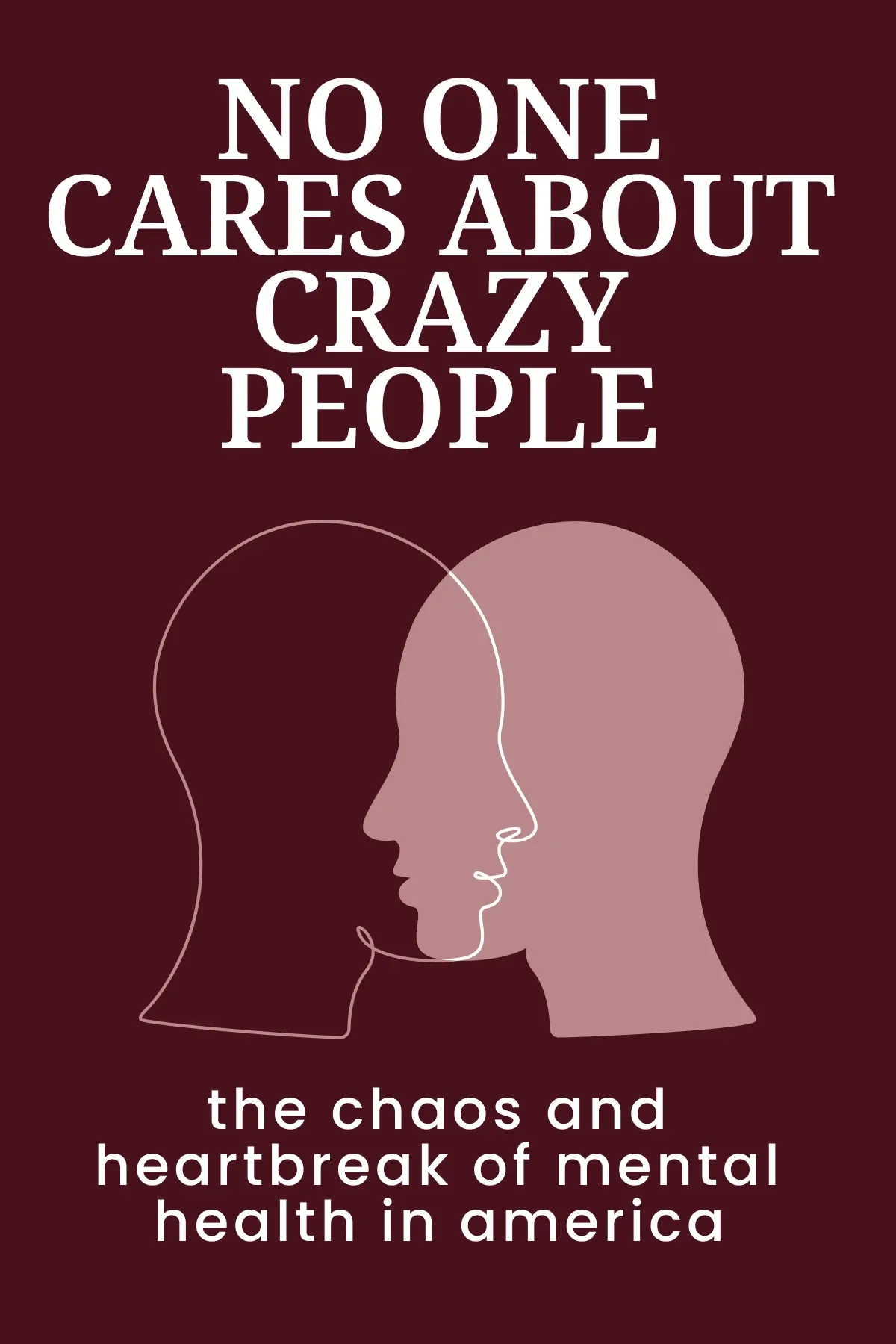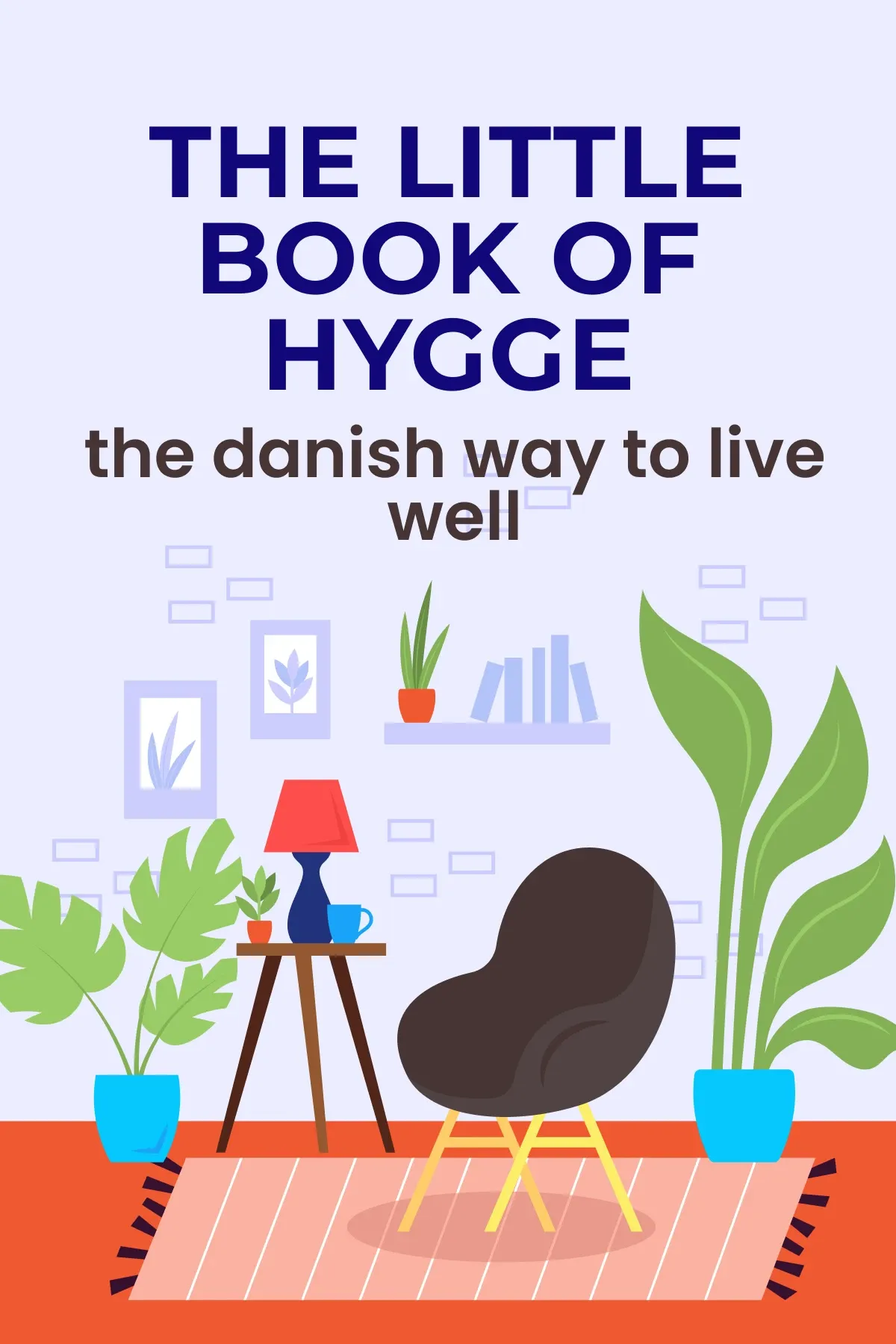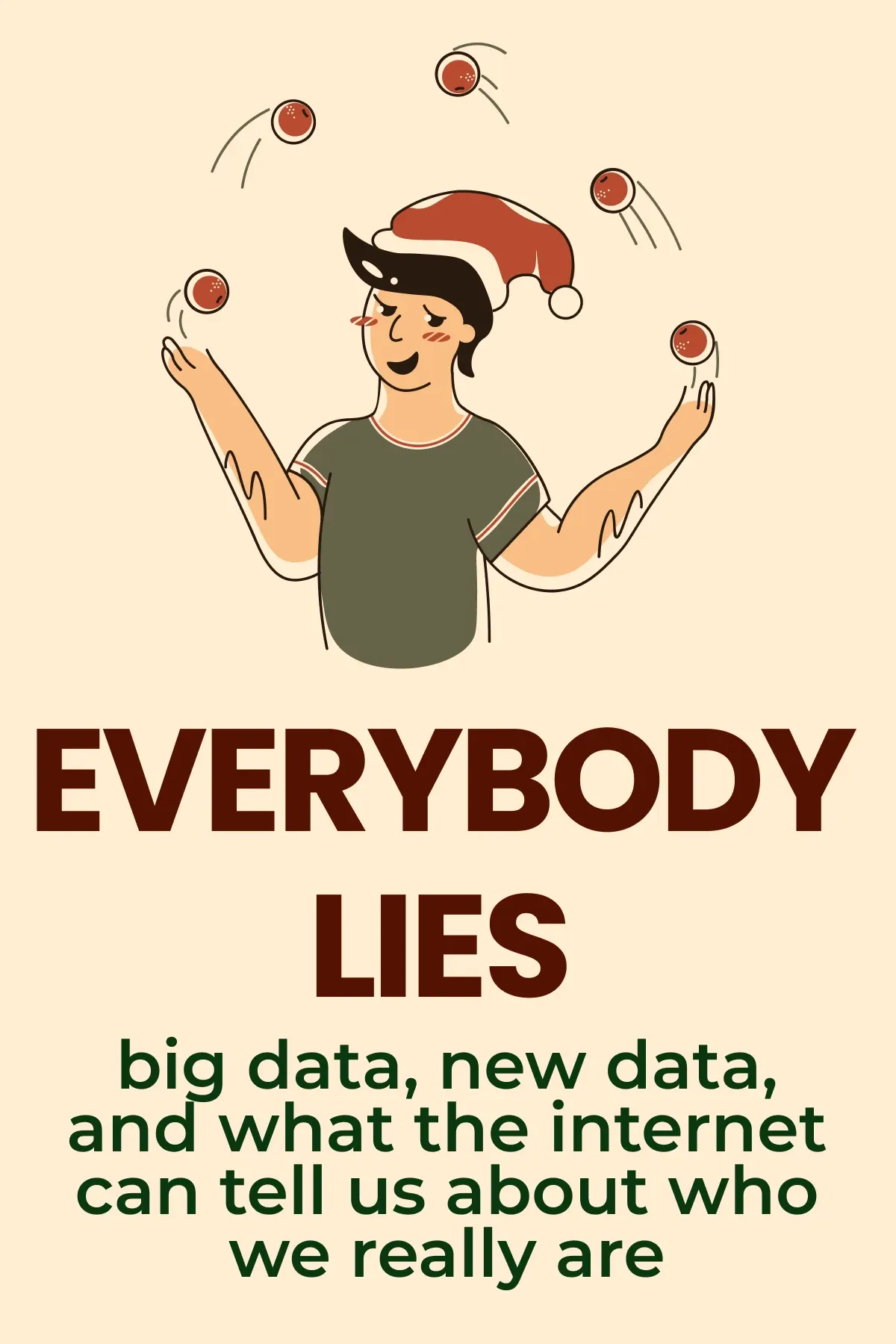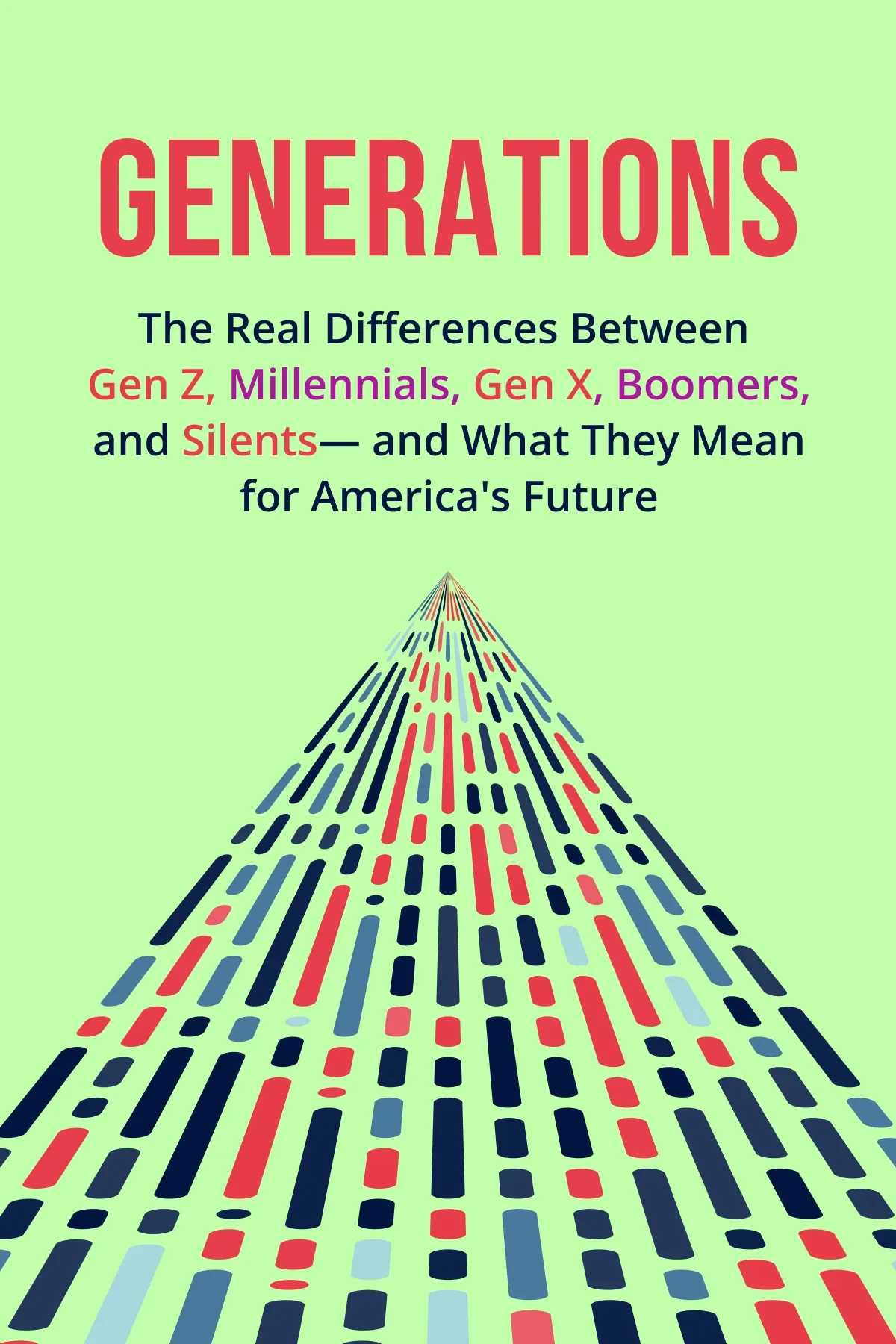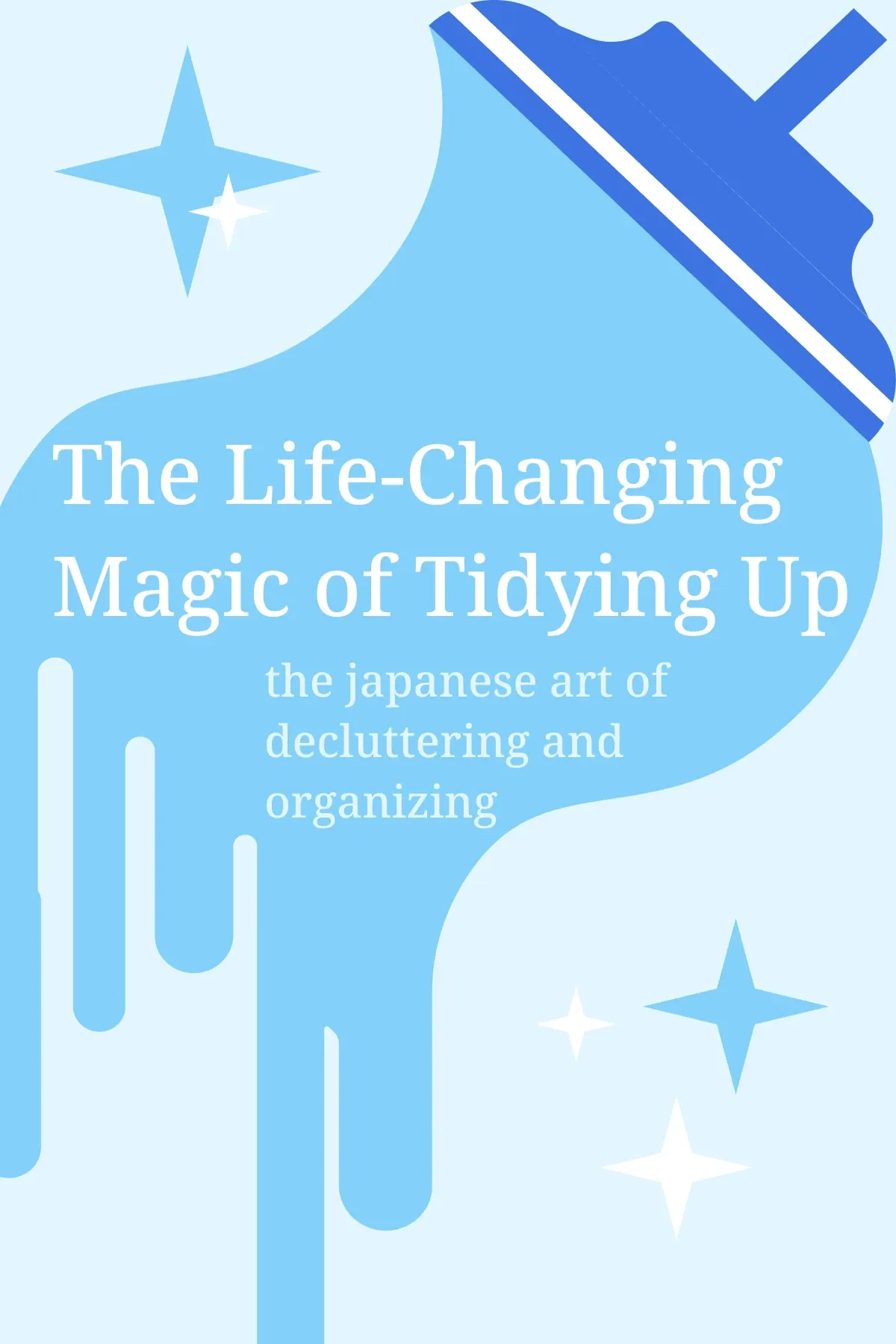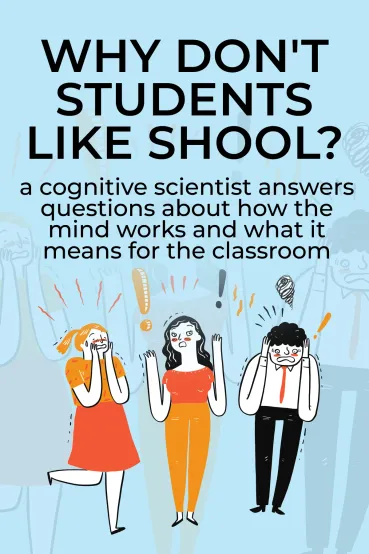
Why Don't Students Like Shool?
Brief Summary
No one in their right mind liked school, did they? But if you step away from the jokes, it becomes even sad because school is a significant part of our lives. There are clearly some problems with school and learning these days, so in his book, “Why Don't Students Like School?” Daniel T. Willingham tries to explain the reason for this phenomenon using cognitive psychology.
Key points
Key idea 1 of 8
Einstein once said, "Imagination is more important than knowledge." Once upon a time, Daniel Willingham wondered why this man made such a statement. What is the point of comparing these two undoubtedly important things for human existence?
Perhaps Einstein wanted to explain bad grades at school to parents. But should we take such a statement seriously? This is probably not entirely true because, anyway, knowledge is essential. The reason is that students just don't like school and try to justify their failures by that. However, the fault lies hardly only on the child's laziness or desire to play instead of cramming. No, the problem turns out to be much deeper than that.
Even though it may sound absurd, we should begin with the notion that our brain doesn't like to think. Whenever we face a sufficiently complex puzzle or task, our brain doesn't act decently. It immediately wants to run away to avoid that difficult task and not waste energy on solving it. Why channel energy into something unimportant when we already have to spend a lot of energy on other processes, like vision, movement, and so on? While our brain doesn't like to think, it's not bad at doing something else, namely pattern spotting and recognition.
Thanks to this skill, our brain recognizes tasks we have already encountered, and it does not have to spend a lot of energy re-analyzing them and searching for a solution. For example, infants notice patterns and their meanings at a very young age. They recognize that they can say the words "mama" or "gimme" and see the patterns and consequences of saying those words.
In conclusion, our brains are very complex and finicky. We get dopamine when we solve problems, but we don't receive it if the problems are too simple. At the same time, our brain wants to avoid tasks that are too difficult. We tend to be curious and want to think, but we quickly tire of the process.
FAQ
You may also like these summaries


